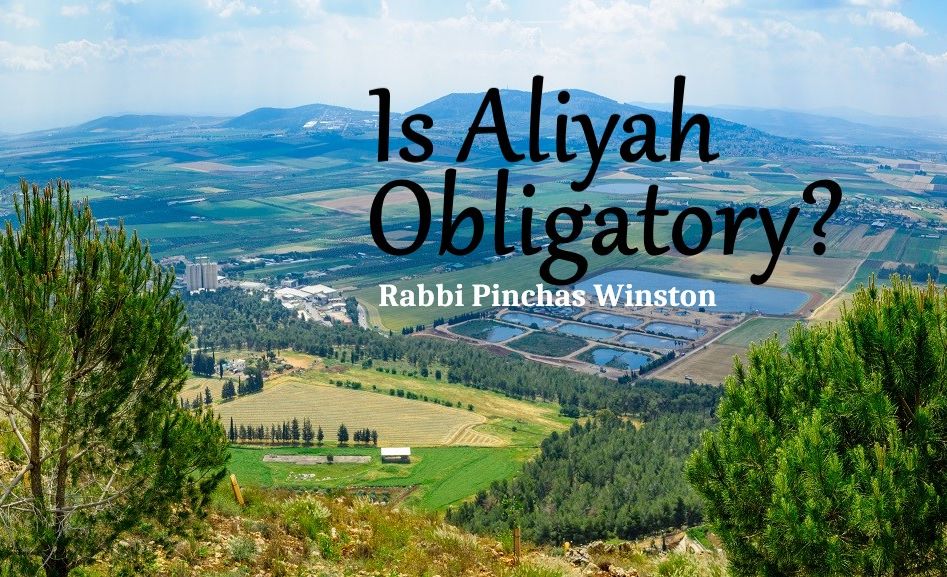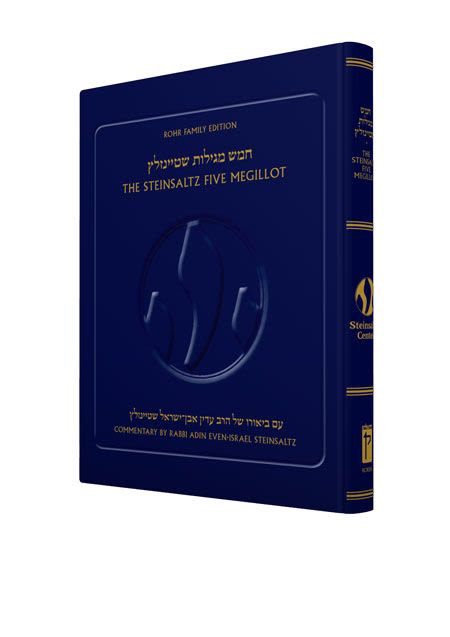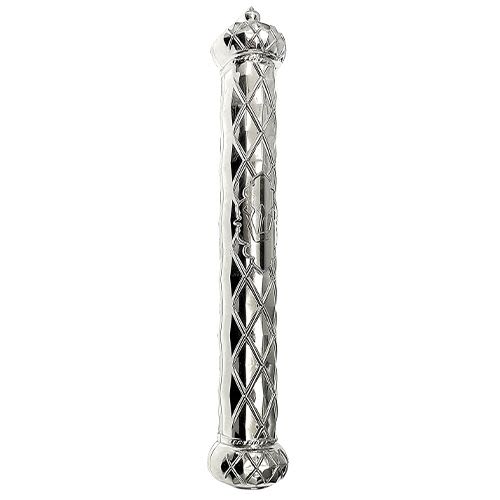
Who Are You, Great Mountain?
The Balfour Declaration in 1917 promised to establish a Jewish national home in Palestine. But the actual policy of the British Mandate was a different story…

Translated by Rabbi Chanan Morrison
In the summer of 1923, a festive service was held in the Rabbi Yehuda Hasid synagogue in Jerusalem’s Old City. The country was then under the rule of the British Mandate, and leaders of the Jewish community organized an assembly of prayers and thanks to the British government, in honor of King George V’s birthday.
The general atmosphere in the country was, however, one of bitterness and disappointment. The Balfour Declaration in 1917 and the San Remo Conference in 1920 had promised to establish a Jewish national home in Palestine. But the actual policy of the British Mandate was a different story. In an attempt to appease the Arabs, the British White Paper of 1922 put severe limits on Jewish immigration. Britain furthermore split Mandatory Palestine into two, excluding all lands east of the Jordan River from Jewish settlement.
Rav Kook was one of the speakers at the 1923 assembly. In order to raise up the spirits of the Jews of Eretz Yisrael — and remind the British government of its obligations towards the Jewish people — he quoted from the week’s Haftarah reading. He spoke about the prophecy of Zechariah, who lived at the time of a previous return to Zion — the return from Babylonian exile 2,500 years earlier.
Zechariah’s Words of Encouragement
That era was a time similar to our own. The Jews returning from Babylonia were also disillusioned and downhearted. The foreign peoples whom the Babylonians had settled in the land created many difficulties. The prophet sought to reassure the discouraged Jewish immigrants.
“Who are you, great mountain? Before Zerubavel, you will be a flat plain!” (Zechariah 4:7)
 To what great mountain was the prophet speaking?
To what great mountain was the prophet speaking?The path leading towards the fulfillment of God’s promise to His people, the return to Zion, was endorsed by the mighty empire of those days — Persia. Cyrus, the king of Persia, officially appointed Zerubavel to oversee the rebuilding of the Jewish community in the Land of Israel. Zerubavel was a direct descendant of King Jehoiachin, the next to last king of Judah. Zerubavel led the first band of Jews back to Jerusalem.
However, there were many obstacles on the way. The prophet poetically refers to these hurdles as ‘great mountains,’ blocking the path and obstructing progress. Yet, before the king’s representative, Zerubavel, these difficulties are nothing; he will flatten them like a level plain.
The Task of the King’s Representative
We live in similar times, Rav Kook concluded. God is fulfilling His promise to restore the Jewish people to their land. This time, it is through the empire of Great Britain. It is our expectation, according to the declaration expressed by His Majesty’s government, that the king’s representative — the British High Commissioner — will expedite the realization of the prophetic return of Israel to the Holy Land, despite the great problems that obstruct this historic process.
“Who are you, great mountain?” Regardless of the complexity of the difficulties, despite the intense resolve of other peoples to hinder and obstruct — before the power of the tool of Divine Providence, all of these barriers will be removed until the path of redemption will be like “a level plain.“
***
(adapted from Mo’adei HaRe’iyah, p. 403)
Copyright (c) 2006-2010 by Rabbi Chanan Morrison of Mitzpeh Yericho runs ravkookTorah.org, a website dedicated to presenting the Torah commentary of Rabbi Avraham Yitzchak HaCohen Kook, first Chief Rabbi of Eretz Yisrael, to the English-speaking community. He is also the author of Gold from the Land of Israel (Urim Publications, 2006).











Tell us what you think!
Thank you for your comment!
It will be published after approval by the Editor.